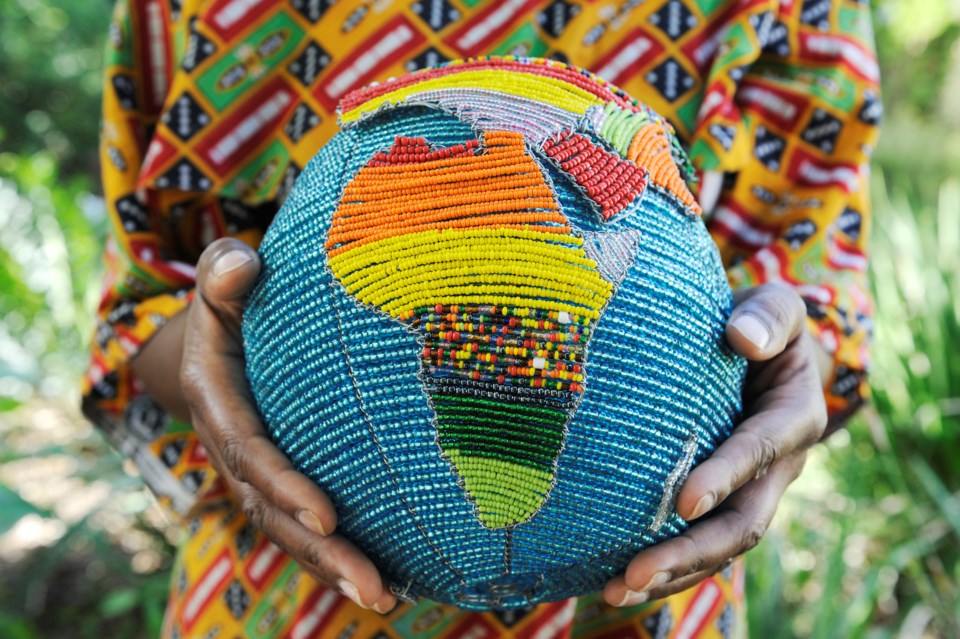There have been seven coups d’êtat in Africa in the last three years. Why is this happening, and what does it mean?
It is interesting to note that most of the unrest is happening in former French colonies. The reason for this is because French colonization did not end when these countries became independent in the latter half of the 20th century. While other colonizers like Belgium, Portugal, and Great Britain reluctantly relinquished power, the French strategy to maintain control of their colonies actually worked until now. France created the CFA franc (franc des Colonies Françaises d’Afrique), providing a stable currency in these countries while allowing France and French corporations to exploit their economies. Corrupt dictatorships in neighbouring countries experienced rampant inflation, but the dictators put in place by the French were able to maintain a degree of economic stability. They also had to sell their natural resources to France at rates far below international market values.
France maintained a strong military presence on the continent, and if an African leader rose to power whom the French did not like, they were replaced. Arguably the biggest mistake France and their allies made was the suspicious death of Thomas Sankara in Burkina Faso. Sankara was a military leader who took control of his country, then known as Upper Volta, in a 1983 coup. His programs of African self-reliance led to tremendous improvements in literacy, healthcare, and the overall quality of life for the people of his country. Interestingly, these improvements came about despite drastic reductions in foreign aid.
Sankara was overthrown and assassinated in 1987. While it remains unclear who was behind this murder, relations with France went back to the way they had been, as did the living conditions of the people of his country. Machiavellianism and psychopathy are not unique to any group of people, so it has not been difficult for France and its allies to find dictators to act as puppet governors in many African states. This has not led to popular support, however, and has proven to be a valuable recruiting tool for Al Quida-like extremist groups. Efforts to maintain control through French and American military exploits have failed miserably, the result being further violence and instability. To this day, Sankara remains a hero to many Africans, and coup leaders find France an easy target for the frustrations of their people.
Adding to the confusion, other imperialist powers, namely China, Russia, and Turkey, are trying to woo the support of Africans. Given their record thus far on the continent, namely efforts to amass supplies of minerals and other resources at below-market value and exploit African workers in the process, all the while supplying weapons, one can fairly safely conclude that their efforts are not altruistic.
Arguably the most trusted and popular world leader on the continent today is Pope Francis. During his latest trip to the Democratic Republic of the Congo, he stated, “Hands off Africa. It is not a mine to be stripped or a terrain to be plundered.” It does not go unnoticed that his Catholic Church runs many of the schools and hospitals across the continent, serving the people with no economic strings attached.
In essence, the world is facing a choice regarding how we view Africa. We can begin treating Africans the way that we would want to be treated and allow them to benefit from their own natural resources. As the population of the rest of the world declines, we also need to recognize and respect Africa’s greatest resource, its people.
We can also choose to continue to pillage Africa, but in doing so, we need to understand that foreign exploitation will result in dangerous and unpredictable consequences for the entire planet.
Gerry Chidiac is a Prince George writer.



